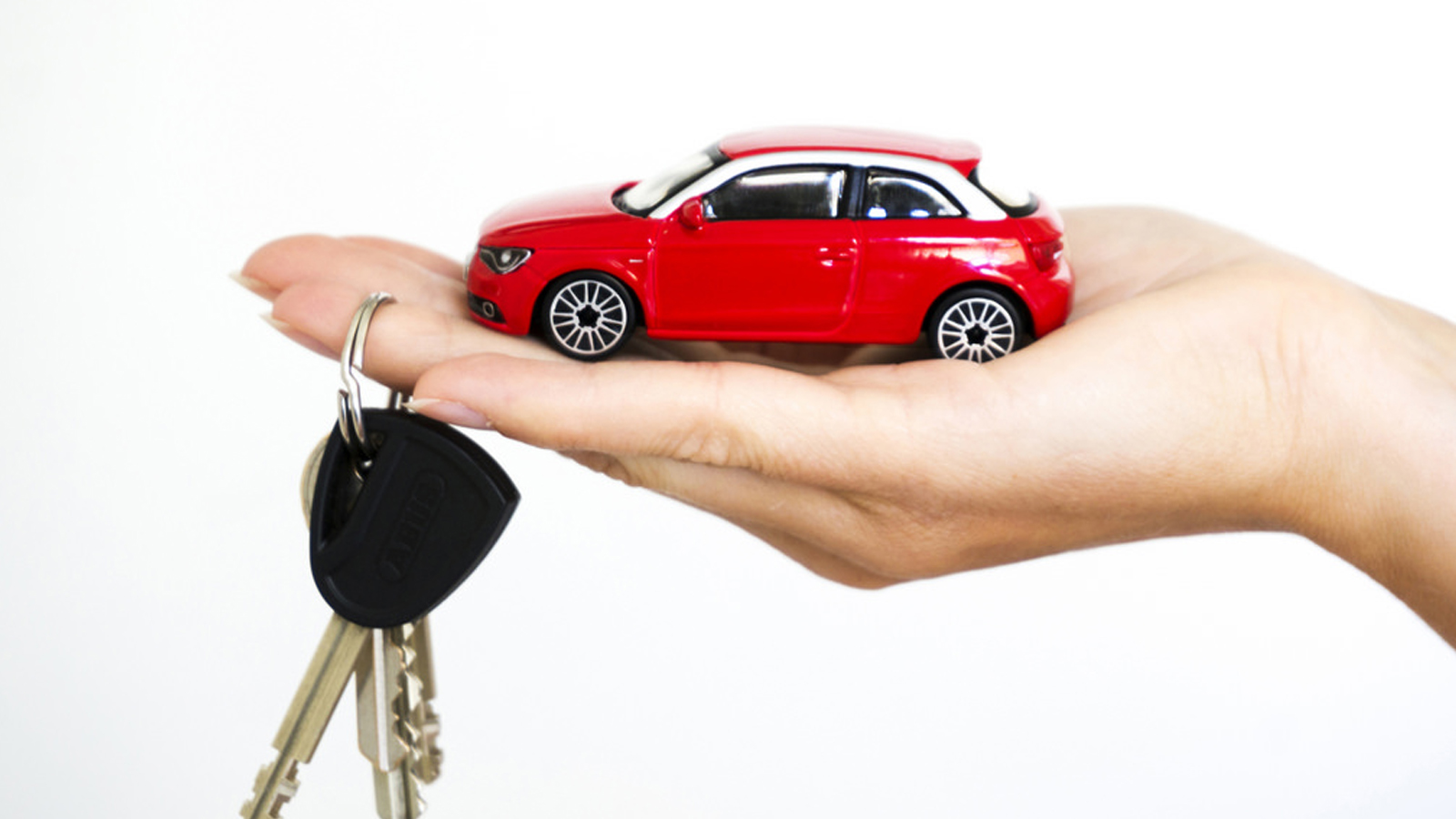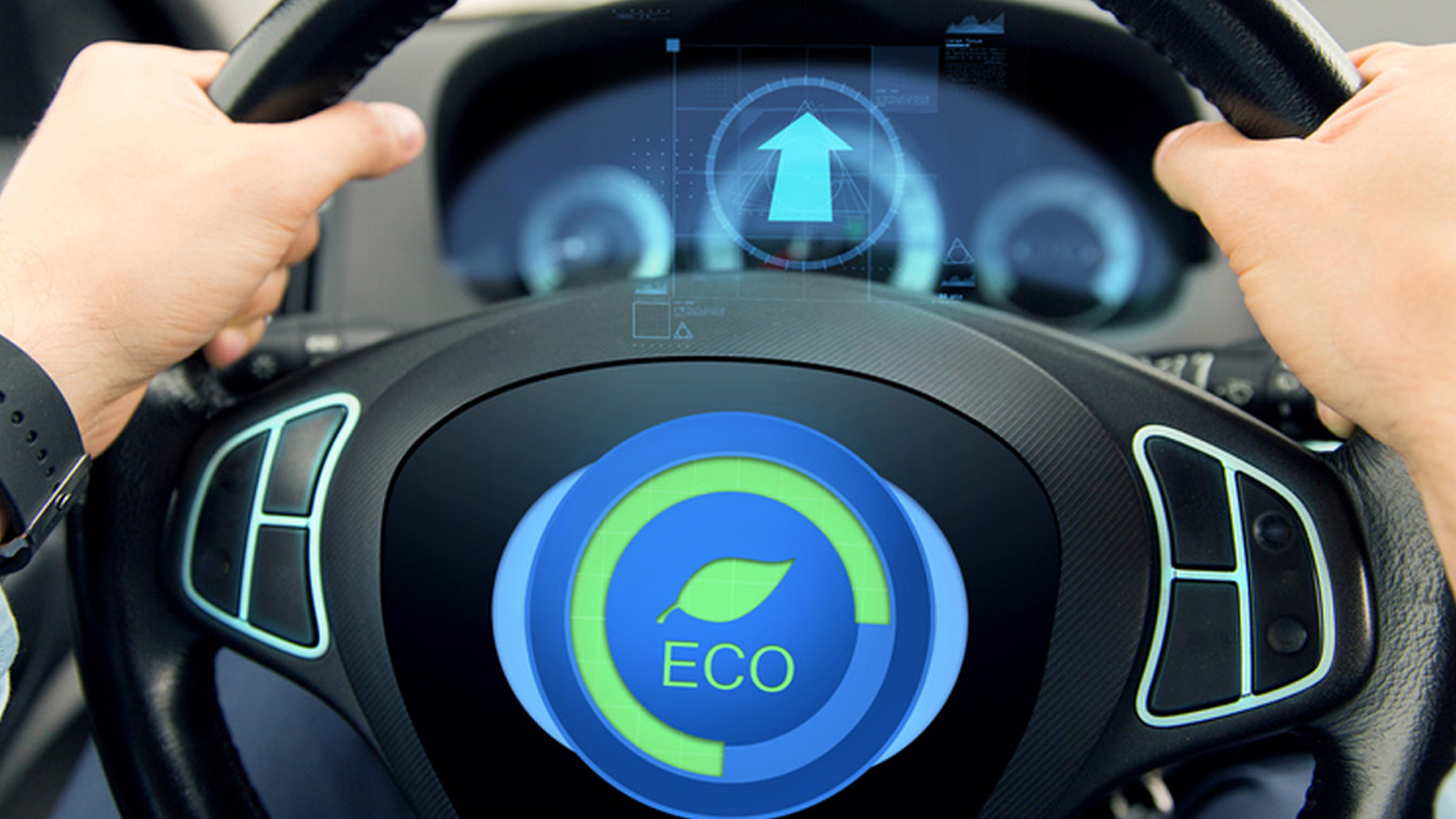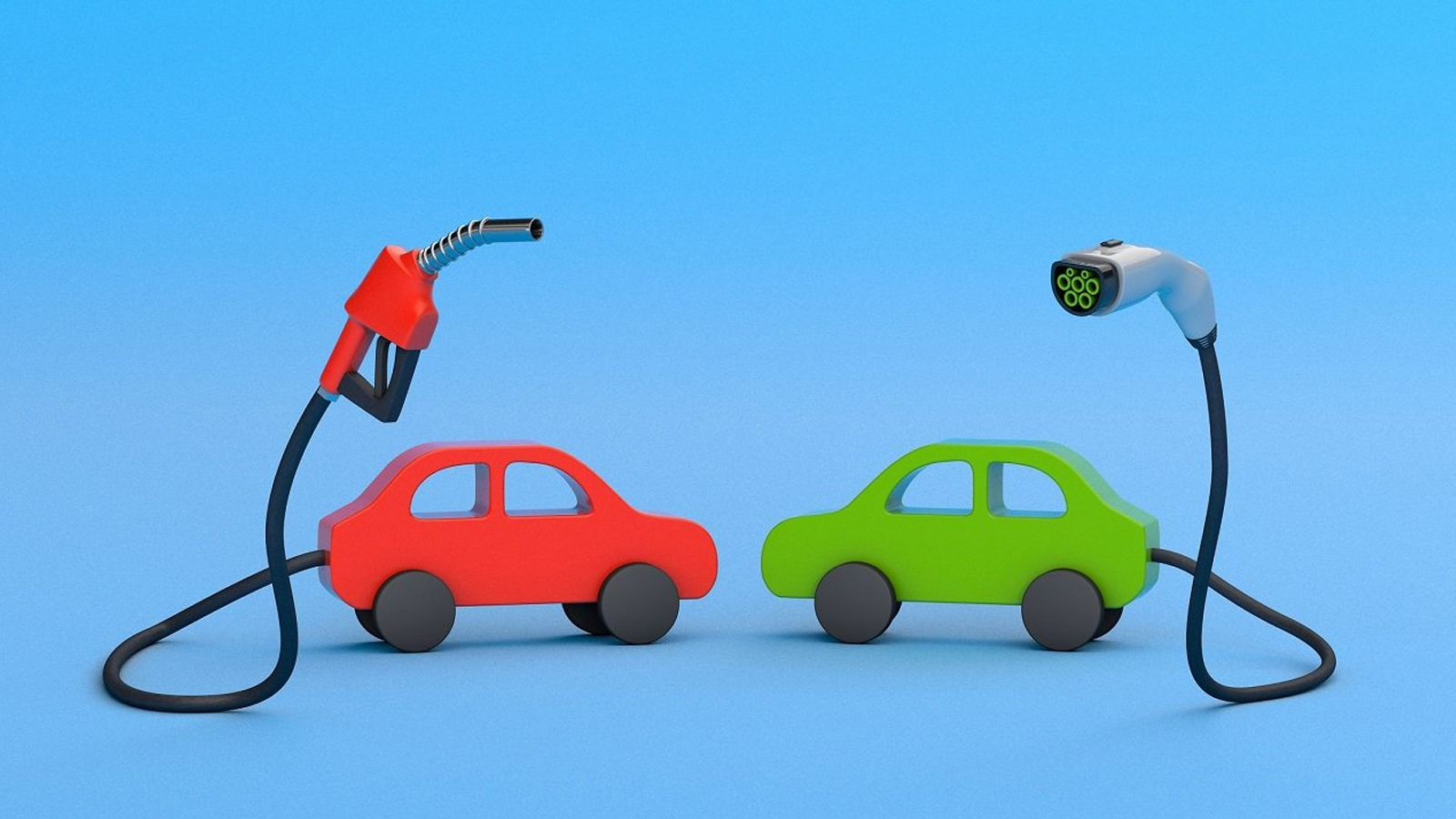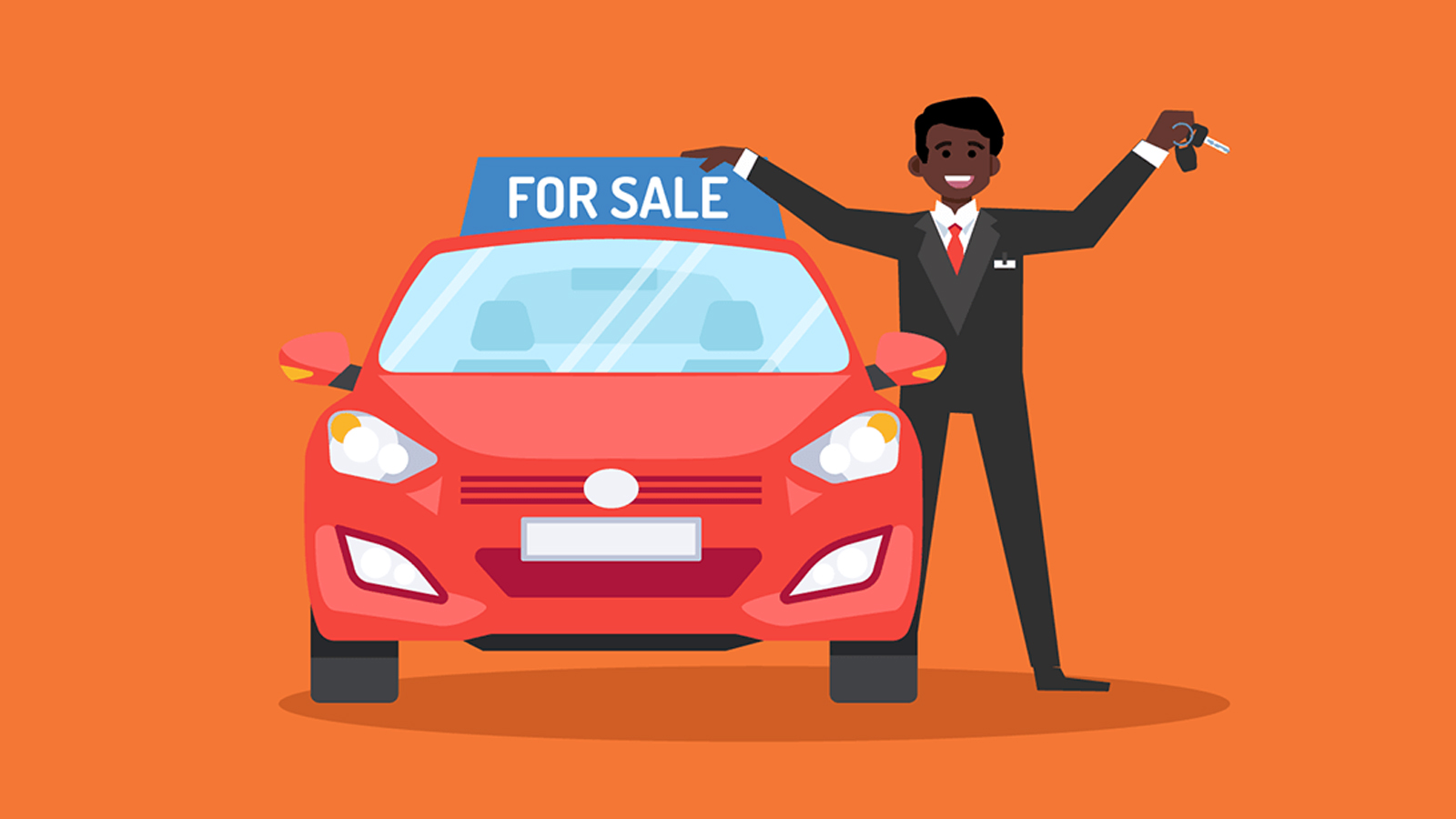Introduction to Leasing and Buying
When it comes to getting behind the wheel of a new car, you have two primary options: leasing or buying. Each choice has its own set of advantages and drawbacks that can significantly impact your budget, lifestyle, and driving experience. Whether you’re considering the flexibility of leasing or the long-term investment of purchasing, understanding these paths can help you make an informed decision. Let’s dive into the pros and cons of each option so you can confidently navigate your journey toward owning—or not owning—your next vehicle.
Pros of Leasing a Car
Leasing a car comes with several appealing advantages. One of the most significant perks is lower monthly payments. Compared to buying, leases typically require less upfront cash and have reduced financial obligations.
With leasing, you can drive a new vehicle every few years without worrying about depreciation. This means enjoying the latest features and technology without being stuck in an older model.
Additionally, maintenance costs are often covered under warranty for leased vehicles. This can lead to fewer unexpected expenses over time.
Insurance may also be cheaper since leased cars tend to have lower overall values compared to purchased ones.
For those who prefer flexibility, leasing allows you to switch vehicles more frequently based on your changing lifestyle or preferences. It’s an attractive option for many drivers looking for convenience and variety in their automotive experience.
Cons of Leasing a Car
One significant drawback of leasing a car is the mileage limitation. Most lease agreements come with strict annual mileage caps. Exceeding these limits can lead to hefty penalties, which adds stress for those who enjoy road trips or long commutes.
Another downside is that you don’t own the vehicle at the end of the lease term. This means all monthly payments contribute to an asset that isn’t yours, limiting your long-term financial options.
Leases also tend to have higher insurance costs. Lenders require comprehensive coverage, which can significantly impact your budget compared to buying a car outright and having more flexibility in choosing insurance.
If you like customizing your vehicle, leasing may not be ideal. Modifications are often restricted in lease agreements, leaving little room for personal expression on your ride.
Pros of Buying a Car
Owning a car comes with numerous advantages that many find appealing. First and foremost, there’s the freedom of ownership. Once you’ve paid off your vehicle, it’s yours to keep or sell as you please.
Another significant benefit is the lack of mileage restrictions. You can drive as much as you want without worrying about penalties or fees associated with exceeding limits.
Customization is also a welcoming perk. Owners have the liberty to modify their cars according to personal preferences, whether it’s new paint jobs or upgraded sound systems.
Moreover, buying often leads to long-term savings. While monthly payments may be higher initially compared to leasing, once the car is paid off, your expenses decrease significantly.
Owning a car builds equity over time. This means when you’re ready for an upgrade, you can trade in or sell your vehicle for cash towards your next ride.
Cons of Buying a Car
Owning a car comes with its share of drawbacks. One major con is the initial financial burden. The upfront cost can be substantial, impacting your savings or monthly budget.
Depreciation is another concern. As soon as you drive off the lot, your vehicle loses value. This decline continues over time and can affect resale potential in the future.
Maintenance costs also add up quickly. Unlike leased vehicles that often come with warranties, owners are responsible for repairs and routine servicing — which can become expensive as your car ages.
Insurance premiums tend to be higher for owned cars too. Lenders require comprehensive coverage, leading to increased expenses each month.
If your needs change—like moving to a different city or expanding your family—you might find yourself stuck with a vehicle that no longer fits your lifestyle.
Factors to Consider When Deciding Between Leasing and Buying
When deciding between leasing and buying a car, evaluating your driving habits is essential. How many miles do you typically drive each year? Leasing often comes with mileage limits that can lead to fees if exceeded.
Consider your financial situation as well. Do you have the funds for a down payment? Buying usually requires a larger initial investment compared to leasing, which often has lower upfront costs.
Think about how long you plan to keep the vehicle. If you’re someone who enjoys driving the latest models every few years, leasing might be more appealing. However, if you prefer longevity in ownership and building equity, purchasing could be the better route.
Reflect on maintenance preferences. Leases may cover maintenance under warranty while owning means you’ll bear those costs once warranties expire. This choice influences not just finances but peace of mind too.
Conclusion: Which Option is Right for You?
Choosing between leasing and buying a car is not a one-size-fits-all decision. It largely depends on your personal preferences, financial situation, and lifestyle.
If you value flexibility and want to drive the latest models without committing to long-term ownership, leasing could be appealing. With lower monthly payments and fewer maintenance responsibilities, it allows for more freedom in vehicle choice. However, consider that there may be mileage limitations and potential fees when returning the vehicle at lease end.
On the other hand, if you’re someone who prefers building equity over time and enjoys the idea of owning your car outright after payment completion, buying makes sense. While initial costs can be higher with larger down payments or loan amounts, you’ll benefit from having no restrictions on mileage or modifications once it’s yours.
Weigh these factors carefully: how often do you like changing cars? What fits better within your budget? And what aligns with your driving habits? By assessing all options thoroughly—considering both pros and cons—you can make an informed choice that suits your needs best as you navigate through the exciting journey of acquiring a new vehicle.



